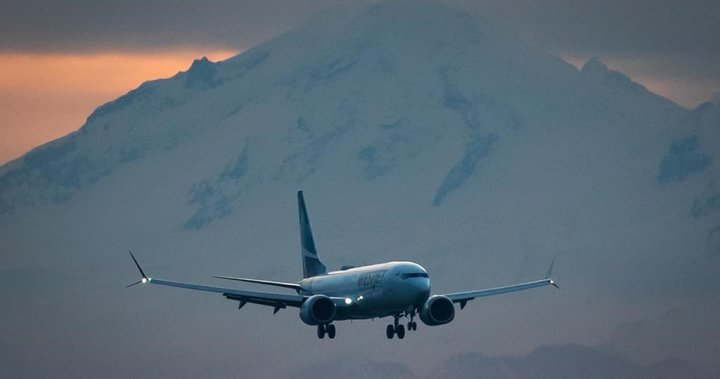This case revolves around a dispute between WestJet Airlines and passenger Paul David Reshaur, culminating in a ruling by the British Columbia Civil Resolution Tribunal (CRT) that has significant implications for air travelers and the airline industry. Reshaur sought compensation for expenses and damages incurred due to flight delays and the subsequent handling of his situation by WestJet. The CRT’s decision to assert its jurisdiction over the matter and award Reshaur compensation opens a potentially valuable avenue for passenger rights enforcement, especially in light of the significant backlog of complaints facing the Canadian Transportation Agency (CTA).
Reshaur’s journey began with a planned flight from Puerto Vallarta, Mexico, to Winnipeg, Canada, with a stopover in Calgary. Delays along the way led to a cascade of issues, resulting in Reshaur incurring additional expenses. He claimed a total of $10,192.72 from WestJet, encompassing compensation under the Airline Passenger Protection Regulations (APPR), expenses for meals, dog food, and accommodations, as well as damages related to the delayed unloading of his dog and for the overall handling of his APPR claim. WestJet contested the claim and argued that the CRT lacked jurisdiction over the dispute.
The CRT, however, disagreed with WestJet’s assertion. It determined that the matter at hand did not require specialized aviation expertise and fell within its purview. The tribunal emphasized that the dispute centered on the interpretation and application of passenger protection regulations, a matter that the CRT was equipped to address. This ruling is significant as it establishes a precedent for the CRT’s authority to handle airline passenger disputes, offering a potentially more efficient alternative to the overburdened CTA.
The CRT awarded Reshaur a total of $1,395.28. This included $1,000 in compensation for the delayed flight as per APPR stipulations, $192.72 for the documented expenses incurred due to the delay, $115.06 in pre-judgment interest, and $87.50 to cover the CRT fees. While the awarded amount was significantly less than Reshaur’s initial claim, the ruling nonetheless represents a victory for passengers. It affirms the CRT’s role as a viable avenue for resolving disputes with airlines, offering an alternative to the backlogged CTA.
Air Passenger Rights, an advocacy group, hailed the CRT’s decision as a positive development for air travelers. Gábor Lukács, the group’s founder, highlighted the existing challenges passengers face when seeking redress from airlines. He pointed to the substantial backlog of complaints at the CTA and criticized what he described as a “cozy relationship” between the regulator and the airlines. Lukács praised the CRT for its impartial interpretation of air passenger regulations, offering hope for a more balanced and efficient approach to resolving passenger grievances.
This case underscores the importance of accessible and effective mechanisms for protecting passenger rights. The CRT’s ruling establishes a valuable precedent, offering air travelers in British Columbia a more immediate recourse for resolving disputes with airlines. The advocacy work of groups like Air Passenger Rights, coupled with decisions like this one, contributes to a more balanced and transparent environment for air travel. By making these rulings and supporting documents available to the public, they empower passengers to assert their rights and seek appropriate compensation for disruptions and inconveniences caused by airlines. The CRT’s willingness to handle these disputes could alleviate pressure on the federal agency and provide more timely resolutions for affected passengers. This case provides a framework for future disputes, potentially influencing how passenger rights are handled and enforced in the future within British Columbia.

